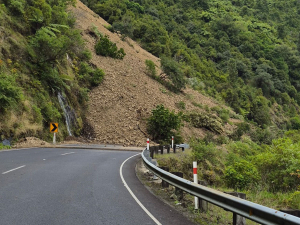New Zealand agritech exports earned their producers $1.2 billion in 2013. $1 billion had long been the annual export target of the sector.
Research completed last September for New Zealand Trade and Enterprise shows New Zealand as a leading supplier of products, equipment and services for farming. The research has better defined the sector’s offerings and determined its value to the national economy and its comparative strength in an international context
Products include animal and seed genetics, fertiliser and agri-chemicals, fencing supplies, farm tools, machinery and systems, and pumping and irrigation.
Animal health products, medicines and preventative treatments were the largest export earners ($311m), followed by fencing supplies and equipment, and machinery and systems (each $307m).
NZTE says demand is growing for NZ agritech products. Australia and the US are the largest buyers of our products. And exports to Canada, China, South Korea and Saudi Arabia are increasing.
The research shows agritech R&D is increasing, NZTE says. “The research also compares New Zealand’s agritech production with other similar sized agricultural nations including Israel and Ireland. It found that New Zealand’s agritech sector is well positioned to take advantage of increasing global demand for meat and dairy.”
Primary Industries Minister Nathan Guy says the removal of the dairy quota system is opening up opportunities in Europe and the free trade deal with China, along with China’s substantial demand for meat and dairy products, is providing local agritech companies with opportunities.
“New Zealand is one of the world’s most efficient primary producers, and this report shows our expertise and technology in this area is in growing demand around the world.”
Economic Development Minister Steven Joyce notes that New Zealand has historically underperformed in agritech exports compared with other advanced agricultural nations.
“However our exports are now growing more quickly than our competitors’, and opportunities for more growth exist in a wide range of markets. Europe, China and South America stand out as the biggest areas of potential growth.”
The research was completed in September 2014 by Coriolis.
Top earners
• Animal health – $311m
• Fencing supplies and equipments – $307m
• Machinery and systems – $307m
• Animal genetics – $48m
• Plant genetics – $233m










